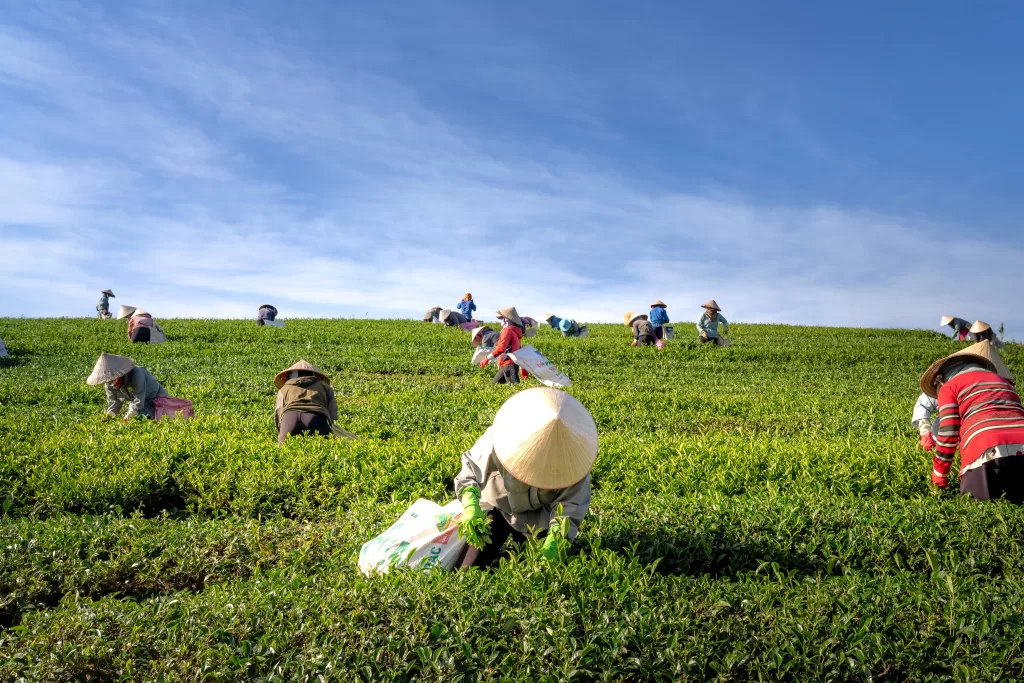Get In Touch
Cloud Accounting
Please fill in your details below and one of our consultants will be in touch within the next 24 hours.

“Good fortune is what happens when opportunity meets planning,” – Thomas Edison
Get In Touch
Please fill in your details below and one of our consultants will be in touch within the next 24 hours.



